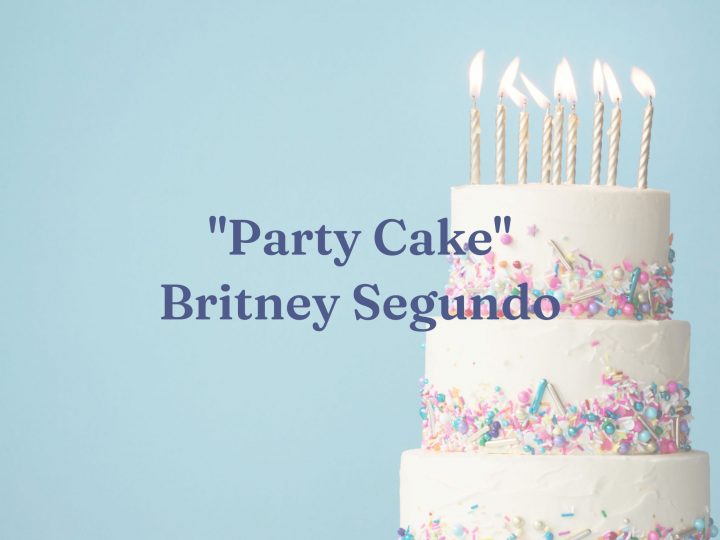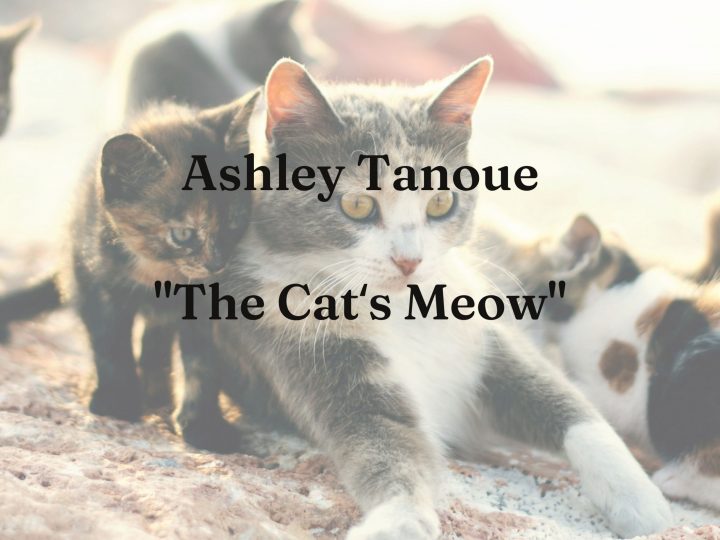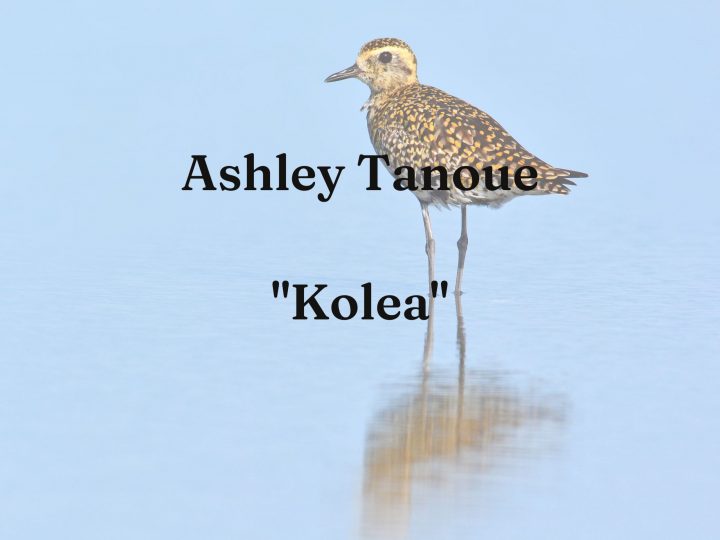Think of a forest,
of century-old rough trunks,
and branches that make a glossy green canopy.
Roots, like tendrils, dig into the ground,
search endlessly for tastier nutrients to absorb.
Of course, I’m talking about trees.
In a forest, there are bears, burly and valiant.
Deer and their keratin antlers, timid from the crunch sound made
when boots land on the forest floor covered in tree-debris.
Think of how moss covers everything in sight,
taking over the forest one tree at a time
like a lovely, fuzzy, pale green disease.
Fallen trees, lanky and out of place,
decompose and watch their young,
their scars and imperfections now plainly visible on the forest floor.
Think of insects with legs,
some with hundreds, some with fourteen, some with eight, some with only four.
If you look closely, you might find one with three.
Ants of all different colors, shapes, and sizes.
12,000 different species carry bits and pieces,
all marching back to their nest, subservient to their queen.
Birds chirping, their beaks moving, tongues flapping
trying desperately to find a mate before the season’s end,
one bird’s melody drowned out by a web of cacophony,
the echoes of the forest all swirl,
sounds chaotically harmonize, the chirps, the warble, the buzz,
the coos and calls, the hiss of leaves, reverberate restlessly.
Think of the journey there, the way the air becomes crisp
when you drive with the windows down. Look outward from the back seat,
not at the road, for you are a child without worry.
Look at the mist rolling off the grassy hills,
Looking as soft as the clouds above, but equally deceiving.
Inhale the high concentration of oxygen, greedily.
How it fills your nose with the scents of browning pine needles and rotted wood,
while the trees slowly exhale, all still, yet all alive, free
to roam in the underground but chained to the soil.
But what if I told you that below the forest,
below those tall and silent giants,
There was something much more magnificent.
Imagine the ground changed to glass
see below the forest,
and find a whole other world, unwearied.
Roots dig through the ground,
with pressure similar to a bursting champagne bottle,
look for nutrients, always on the hunt, and hurried.
The rhizosphere, everchanging,
a treasure glows, gleams, untouched,
waits to be uncovered, buried.
Artist’s Statement:
“My inspiration for this piece was a forest up in Makawao called Olinda Forest. The poem was originally supposed to be about the intricacies of fungus; how fungi are the hidden kings of the forest. This idea was inspired by a freshman biology class that I took, and I was super excited to write about it.
I planned to write a little introduction about the trees and animals of the forest, and then explain that there was something more interesting hidden below. But before I knew it, I had written three hundred and fifty words without even getting to the part where I talked about the goddamn fungus. I ended up making a little mention of fungi and the rhizosphere at the end.
I tried using lots of interesting pieces of language in this poem, as well as make the poem in the present tense, to transport the reader into the forest with me. Some things I could improve on is replacing all the boring descriptive words. I tried to get rid of as many as I could while revising, but they still find their way through. I’d also clean up the ending a bit. When I start talking about the rhizosphere, it seems kind of out of place. I was thinking of moving around some of the stanzas but decided against it.
I was revising near the due date of this piece. I didn’t like a lot of the stanzas’ wording, structure, subject, etc. I ended up pruning the poem to almost half its current length. Then I ended up putting back all my work and started to focus on fixing the dislikes instead of just deleting them. Everything ended up okay but wasting my time like that made me think of a passage in the textbook that I read on accident. In summary, it talked about common struggles with revision, saying that someone would try rewriting a sentence 10 times. They’d feel worse and worse about the changes they were making to the sentence, and in the end, would just put the original sentence. I noticed I was making the same mistakes as the examples in the story.”



